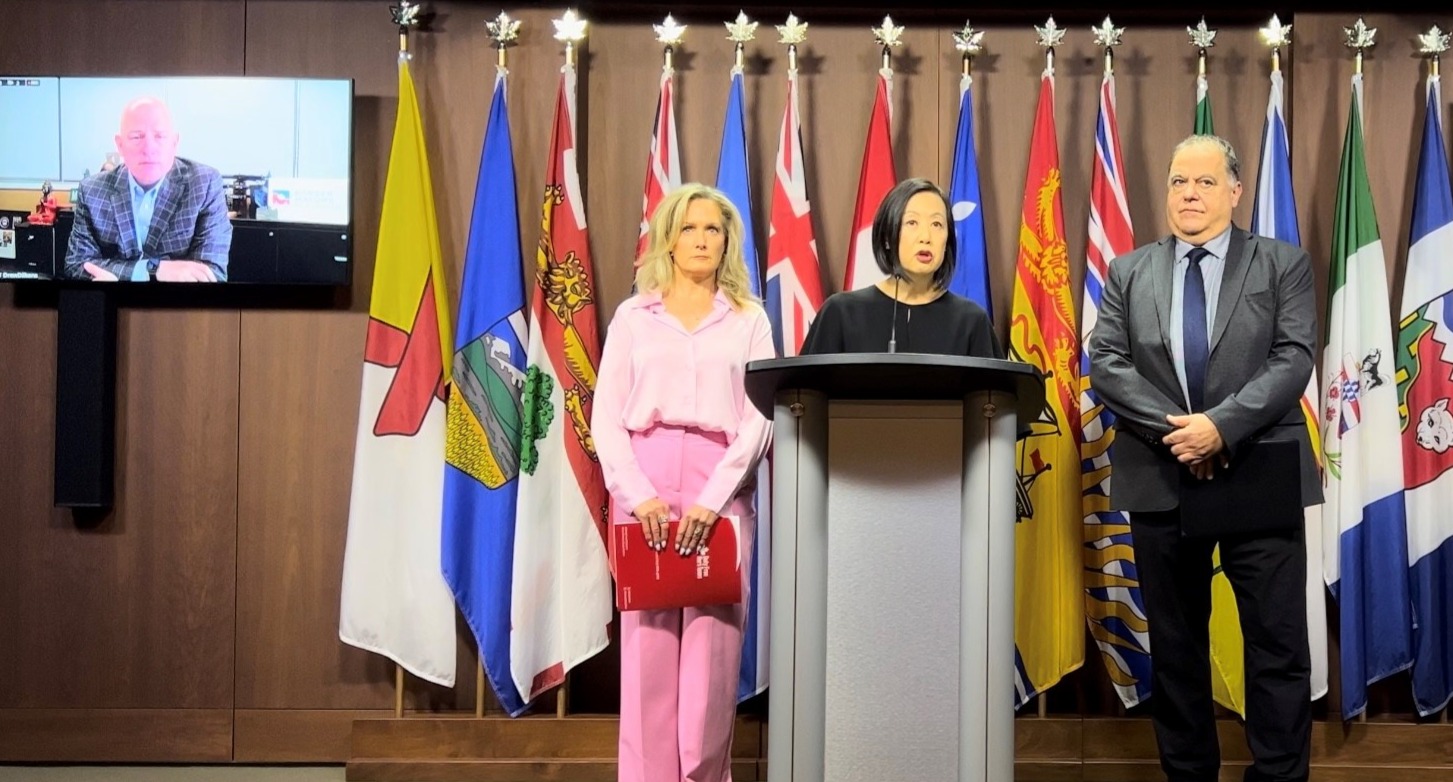September 30, 2025
FDFA promotes an “open arms” message as travel continues to sharply decline at the Canada-U.S. border
Ongoing tensions between Canada and the US have created unprecedented uncertainty. FDFA updates us on the decline of cross-border travel and its appeal for government support

As trade talks between Canada and the United States continue, Canadian land border duty free stores are in threat of shutting down across the country. In an exclusive interview with Global Travel Retail Magazine, Frontier Duty Free Association (FDFA) Executive Director, Barbara Barrett, shares the ongoing political and economic tensions have created unprecedented uncertainty for travelers and businesses on both sides of the border, driven by U.S. tariff threats and aggressive rhetoric. Barrett remarks, “Many stores never fully regained pre-pandemic levels of business, and the current climate has only deepened the crisis.”
At the time of writing, Prime Minister Mark Carney recently announced that Canada will remove all tariffs on goods from the United States that are covered by the Canada-United States-Mexico Agreement (CUSMA) by the first of September. According to Carney, tariffs are set to remain on steel, aluminum and autos as the Liberal government works with its neighbour to the south to establish a new trading relationship between the two countries.
%20copy.jpg)
Decline in cross-border travel
As a direct result of the trade war, many Canadians have chosen to avoid traveling to the United States and cross-border travel has sharply declined. Statistics Canada reports cross-border vehicle traffic is declining month after month, with the most recent data revealing a 38% drop in Canadians driving to the United States in May 2025 compared to May of last year. Some regions are experiencing even sharper declines, with certain land border crossings seeing traffic reductions of over 40% and corresponding duty free sales losses of 60% to 80% in recent weeks, which is generally considered the industry’s peak season. “The longer this continues, the harder it will be for businesses and communities to recover once travel patterns normalize,” comments Barrett. According to Barrett, this situation has been exacerbated by new Canadian government campaigns and political leaders at all levels actively encouraging domestic tourism and offering incentives for Canadians to travel within the country, instead of across the border.
Rather than fuelling a divisive “elbows up” approach, FDFA is urging leaders to embrace an “open arms” message. “While we understand the sentiment behind standing up for Canada, our border communities are taking the brunt of these tensions. What we need now is an ‘open arms’ message that welcomes our American friends, encourages cross-border connection, and recognizes that the long-term health of our communities depends on keeping the border open, welcoming, and vibrant for both countries,” she explains. “Messaging should highlight that land border duty free stores are not just small Canadian businesses, but that they are vital economic engines for border towns. These stores support local jobs, drive tourism, and keep Canadian dollars at home.”
Tania Lee, FDFA President and Vice President of Sales at Blue Water Bridge Duty Free in Point Edward, Ontario, believes unless Canadian political leaders send a clear signal that cross-border relations are improving and that travel to the United States is encouraged, this cycle will only continue. She notes, “The frequent changes in tariff rates and the lack of clarity about what travelers are allowed to purchase and bring back into either country have only added to the confusion. When people are unsure, they buy less.”
Call to action
According to Barrett, the association is calling for immediate and practical measures from the federal government to support Canadian land border duty free stores during this period. FDFA is seeking a level playing field and easy regulatory changes that would remove unnecessary red tape and provide greater stability for business owners and border communities. Barrett states, “Canadian stores currently face barriers and rules that our U.S. counterparts do not, making it even harder to compete in the current climate.”
The association would also like to see leaders publicly acknowledge the cascading effects of policy decisions, tariffs and cross-border tensions on the people, businesses and communities that are being directly and disproportionately affected.
Throughout the process, FDFA has been working closely with the MP Border Caucus, as well as border community mayors. As expressed by Lee, in early June, the border mayors sent an open letter to Prime Minister Carney, requesting immediate action to support family-run land border duty free stores. “So far, we have seen nodding heads but no action,” she says.

No room to pivot
Despite these challenges and the back-and-forth political play, FDFA wants to promote that Canadian land border duty free stores are viable, resilient businesses with a forty-year track record of supporting local economies and border communities.
Acknowledging that traveler confidence among Canadians will likely remain low for the rest of this year, Sault Ste. Marie Duty Free Owner, Ralph Caria, is optimistic that the two countries will arrive at a fair and mutually beneficial trade deal. “By their very nature, duty free stores cannot pivot to other customers,” he notes. “We are an export business that can only sell to travelers crossing to the U.S. We are hopeful that duty free stores are included in any targeted support package that eventually is determined by the federal government. We can’t and should not be left behind.”




